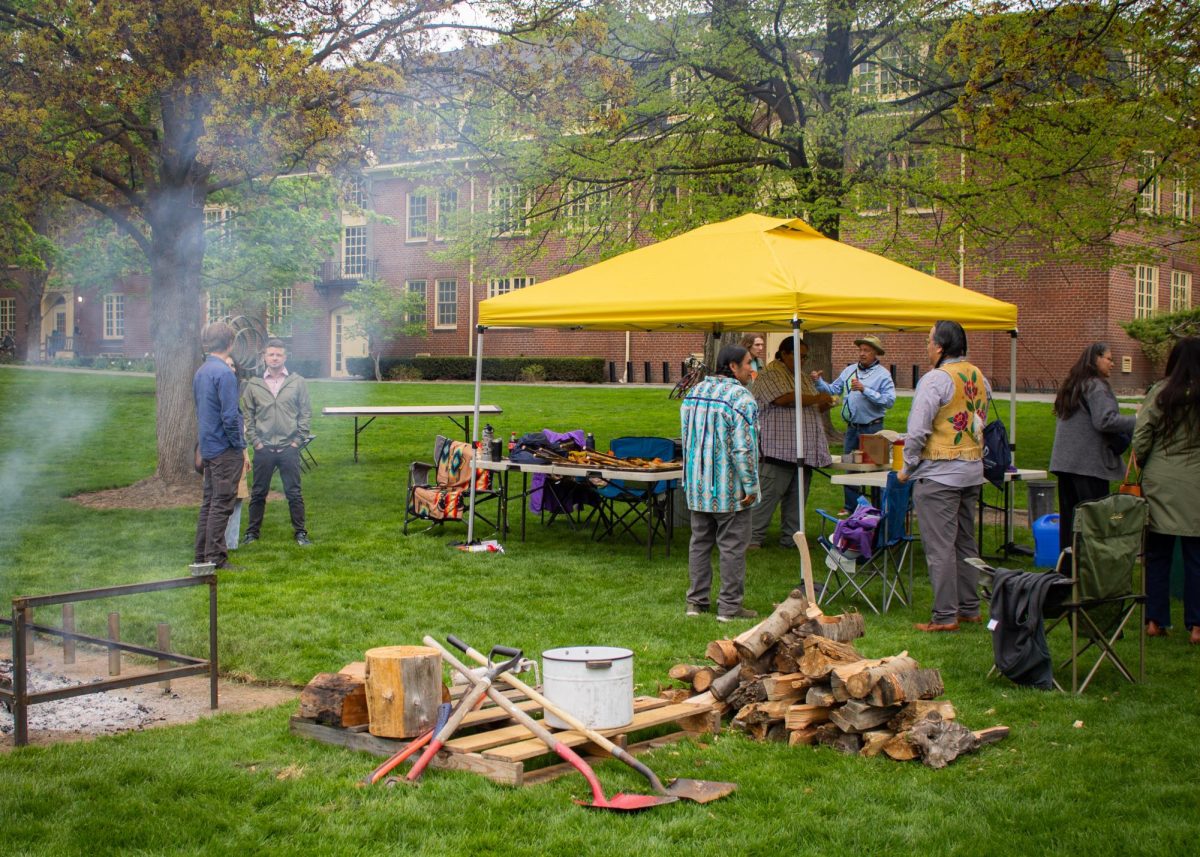This summer, four other Whitman students and I took a crash course in international development from a small village of subsistence farmers on the fertile plains of Guatemala’s Pacific coast. Alumna Anna Sky ’11 and sophomores, Shelly Le, Monica Simmons, Julia Stone, and I received a grant from Whitman’s Student Travel and Development Fund to assess the village of Willywood, Guatemala, for a potential eco-stoves project. For two months, we lived and worked side-by-side with families of Qui’che and Kaqchikel Maya descent with most of our work centered on their kitchen and diet.
We arrived in Guatemala with plenty of information on the theory of eco-stoves and almost none on the practice. We knew that smoke in the kitchen is a major health concern, especially for families with children; that deforestation for fuel contributes to climate change, which can effectively ruin a farmer who relies on daily rain for a good harvest and a good harvest to break even; and that more efficient and cleaner stoves require just a few materials and a low level of technical know-how.
Once we had settled into Willywood, however, our situation became much murkier: The kitchens and yards of the village were strewn with broken and abandoned eco-stoves left by generations of development workers before us. None of them were still functioning as intended. The families didn’t have the materials, capital or technical knowledge to fix them, and the stoves were just one among dozens of pressing issues that come with life in the third world: Contaminated water, distant and expensive health care and chaotic and overcrowded schools seemed just as important: if not more so: than stoves.
We selected nine families: nine different kitchens outfitted with nine different stoves: and measured their wood use over a four-day period. We found, primarily, that it’s erroneous to think that we can separate the stove from the kitchen. The kitchen is a nexus of variables related to cooking: age, condition, model and origin of stove; size, age, moisture content and species of wood; presence, make and condition of a chimney; food being cooked; and the people present to eat it. The kitchen consumes fuel according to a delicate calculus of these considerations.
What else did we find? The kitchens with stoves given as part of developmental projects, regardless of what condition they were in, almost always performed better than “unimproved” stoves families had put together themselves. The two stoves we looked at with hoods for ventilation were the two most efficient in our entire study. They were also the only two that didn’t fill their kitchens with noxious clouds of smoke. The families that we worked with consistently underestimated their wood use; some thought they were using half of the wood that we measured over four days. One woman’s estimate was a full four times less than our figure.
Fuel consumption, of course, is only part of a Guatemalan kitchen. The kitchen is about food: and Guatemalan food, by and large, is about corn. Corn is the supporting pillar of Guatemalan cuisine, and Willywood’s food chain holds the farm and the kitchen fairly close together. In the fields, we weeded with the farmers, sweated profusely and discussed the hair-splitting economics of raising a family on two small acres of crops. We helped to shuck the corn with the women: stripping the kernels from the husk and depositing them in large pots to be boiled and ground into a paste called masa. Working with the masa, our cooking lessons began: we clapped out wrinkled gringo tortillas and spooned chicken and mole into large banana leaves for tamales. The Maya are, quite literally, the people of the corn; it sustains them economically, fills their stomachs and gives a backbone and purpose to their days.








